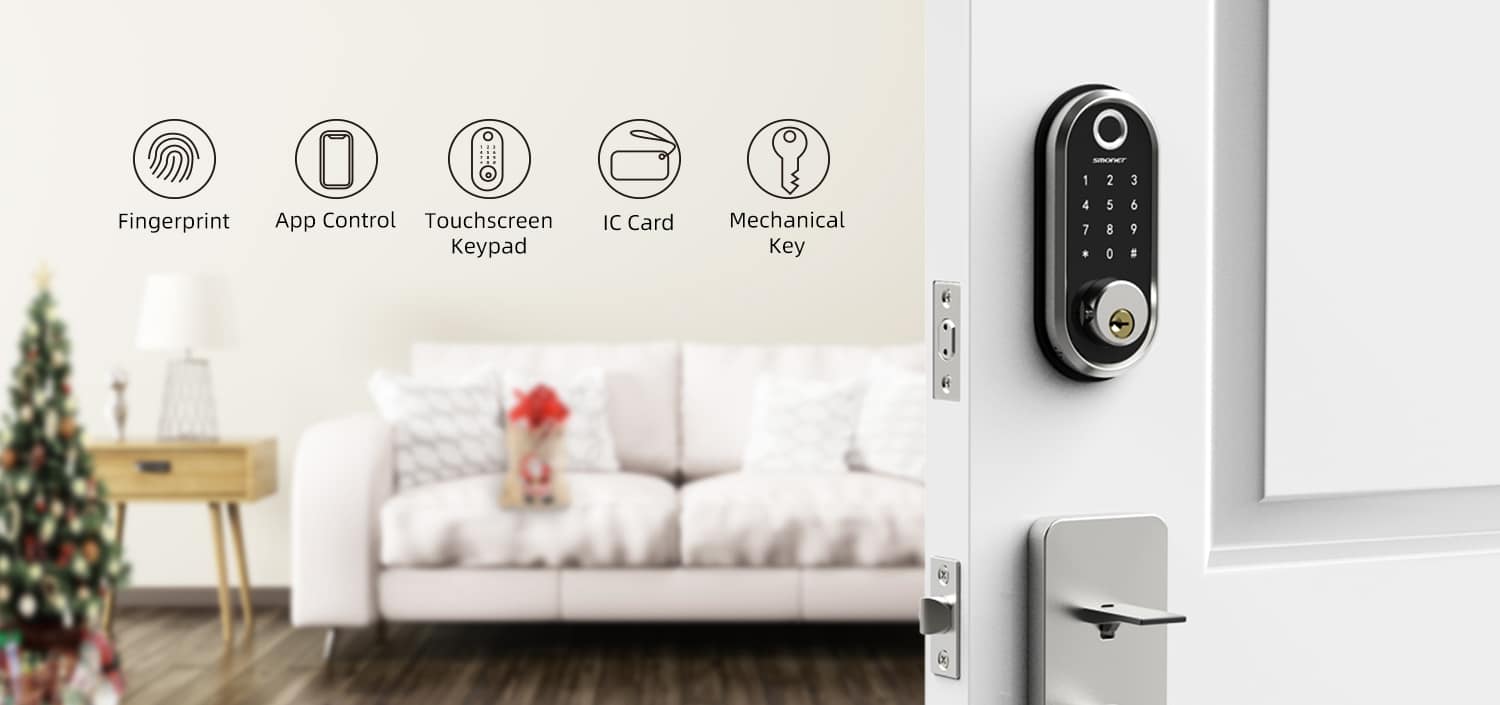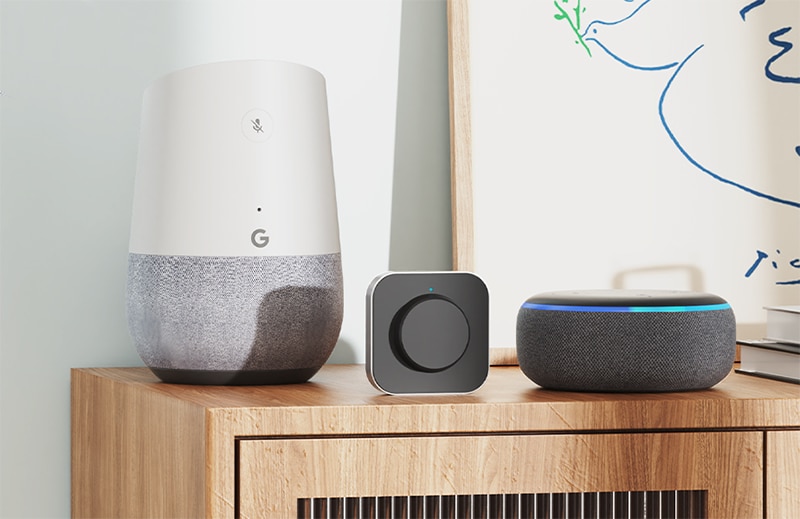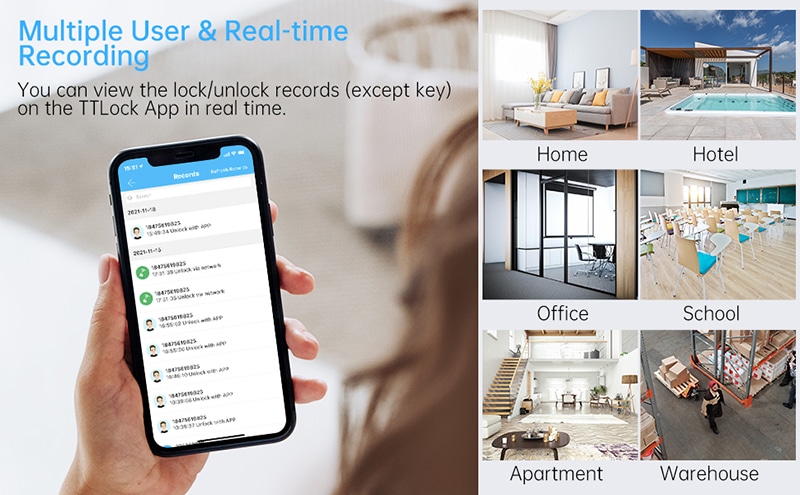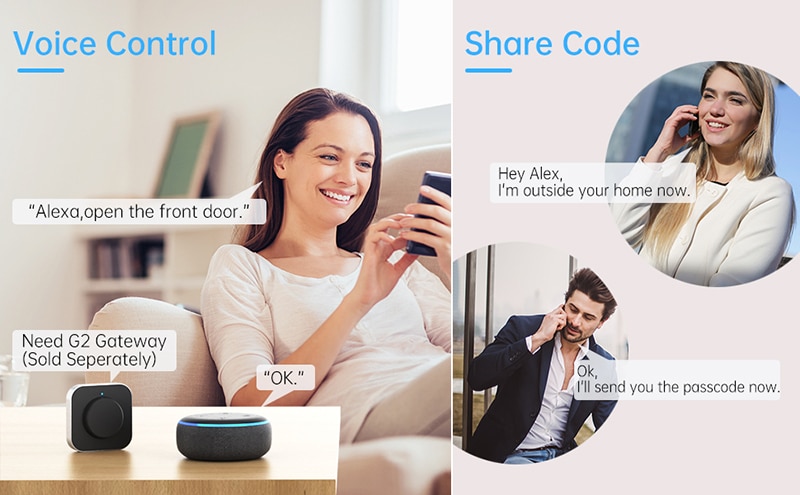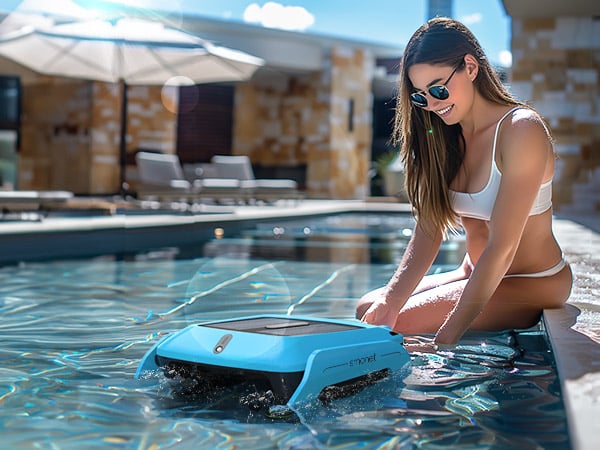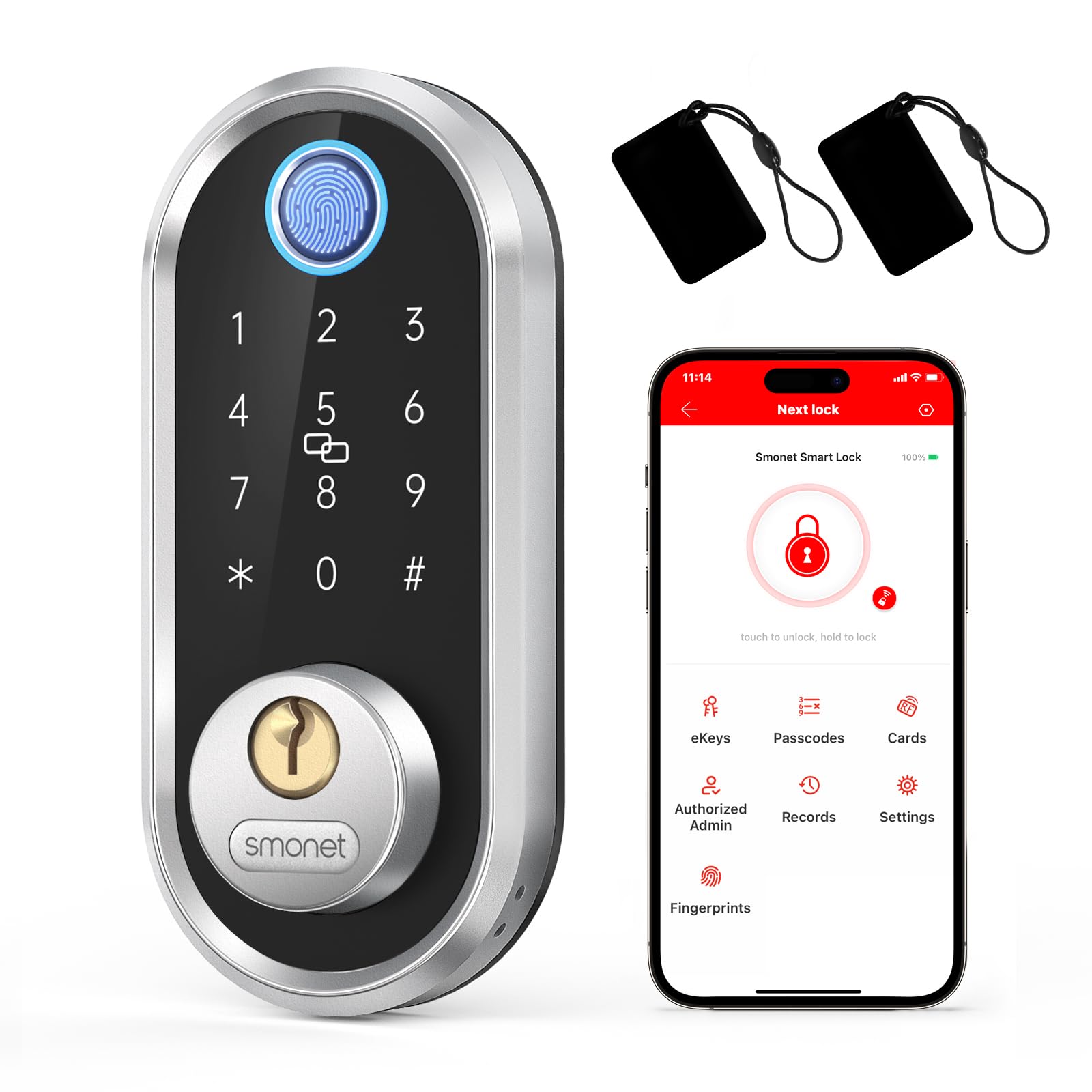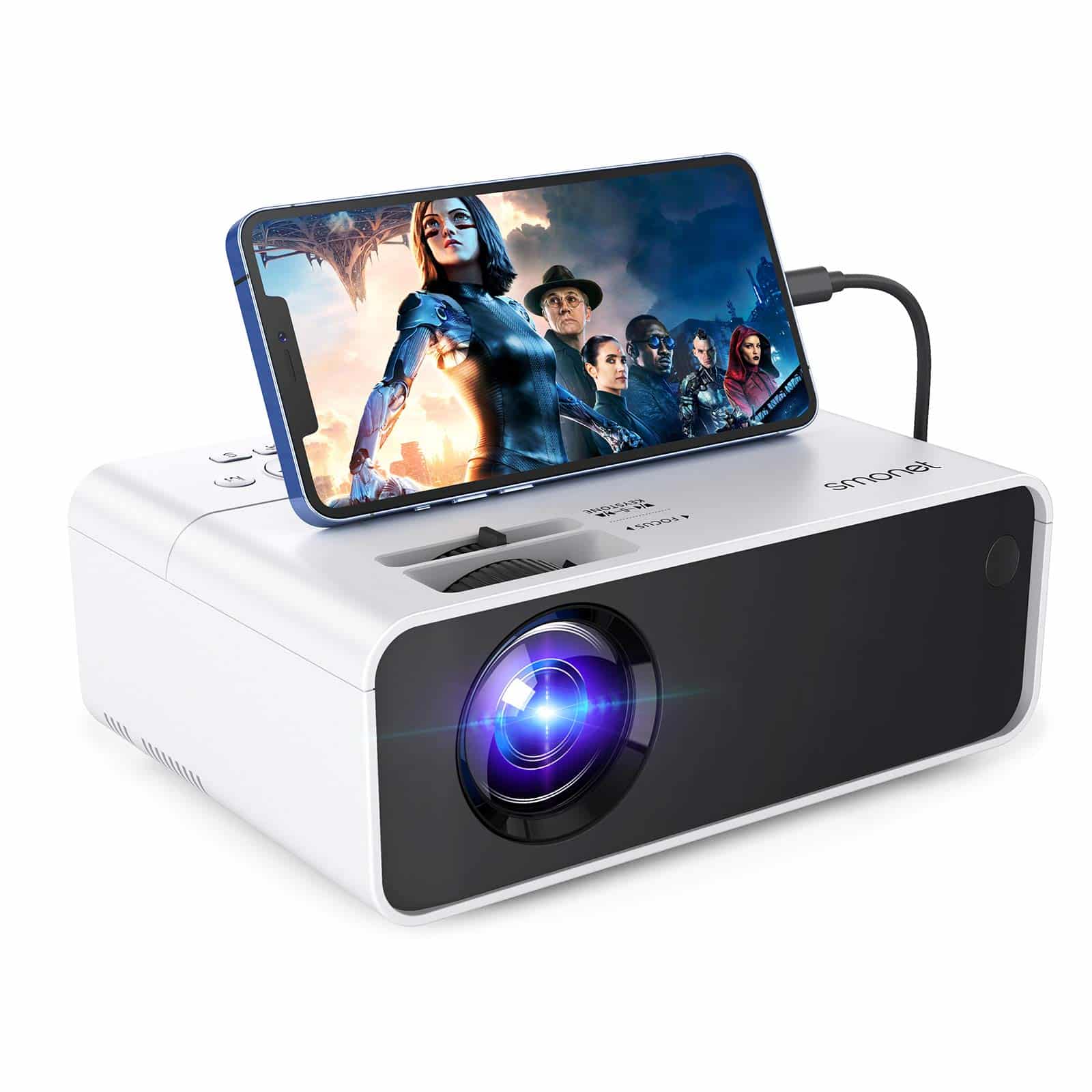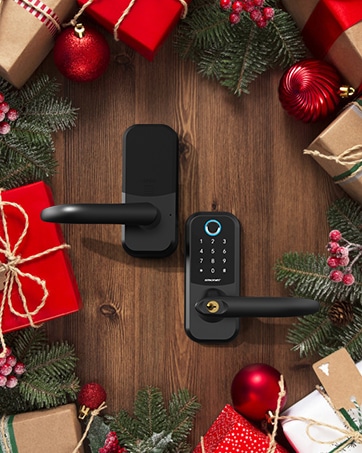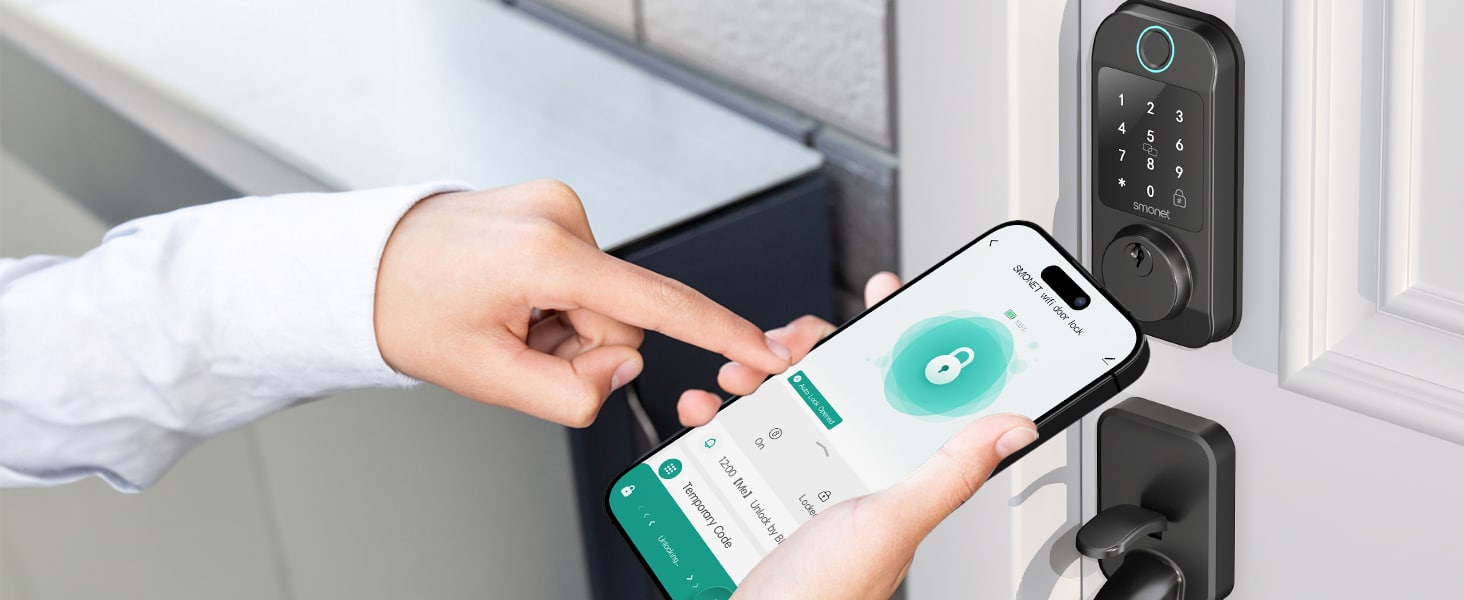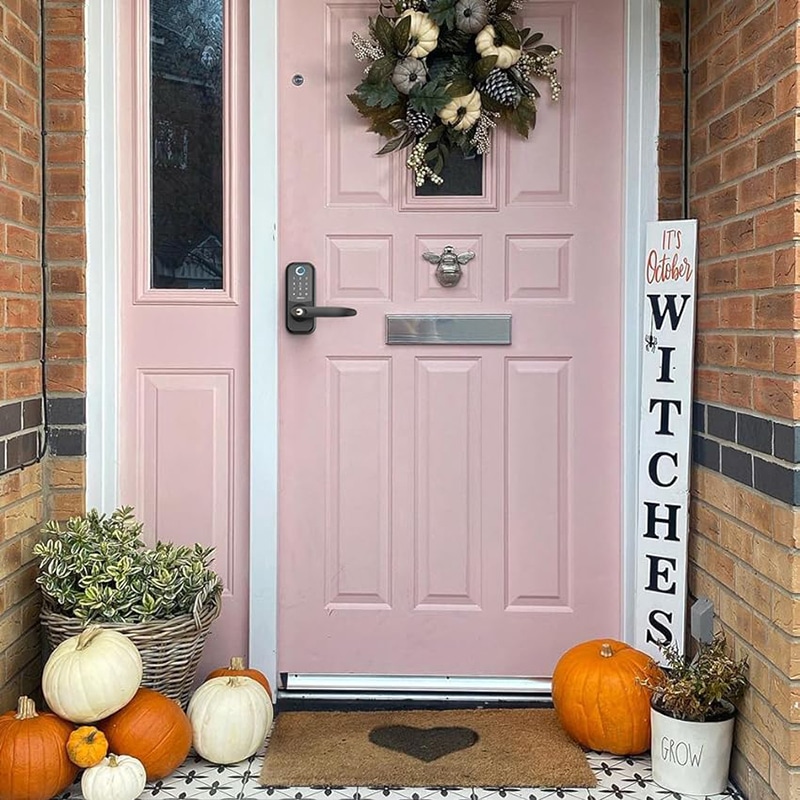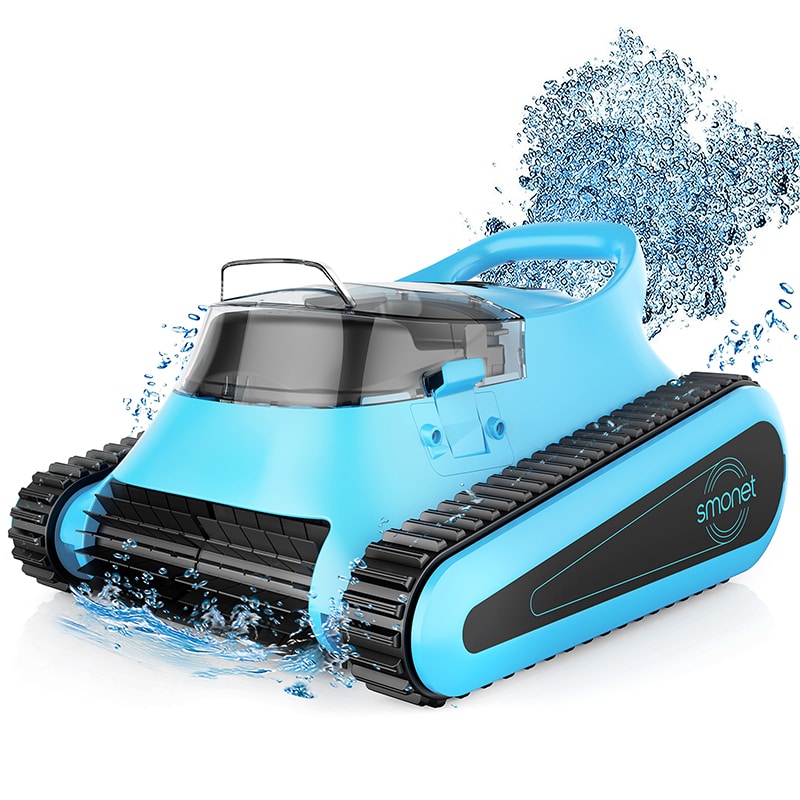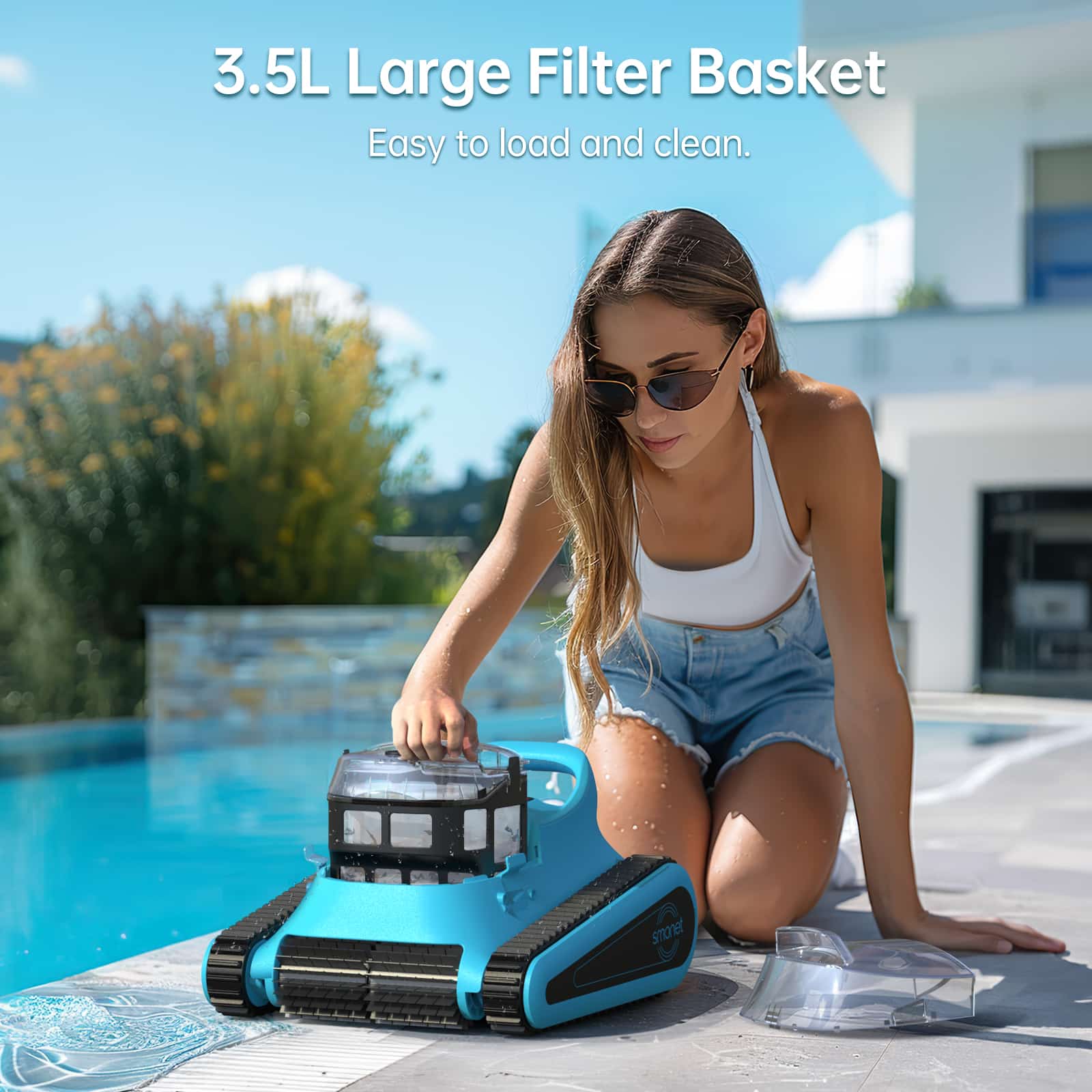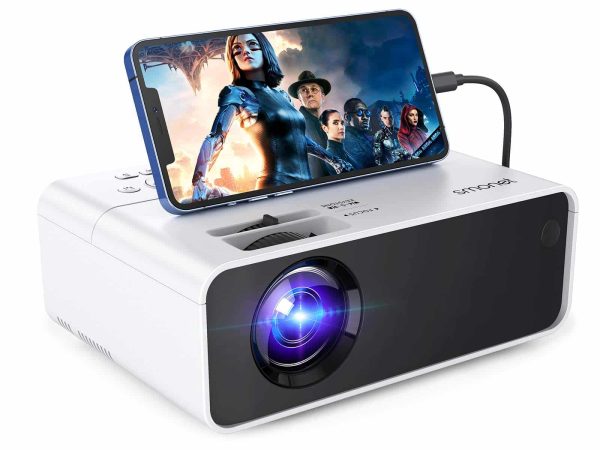Cementing the Role of 'digital lock' in Aid of Aging-in-Place Lifestyles
The concept of ‘Aging in place’ is largely associated with the ability to safely, independently, and comfortably reside in one’s own house and community, regardless of age, income and physical capabilities.
For parents who wish to age in place, this concept can be defined quite simply. For them, it represents a strong desire to continue residing in the familiar and comforting surroundings of their homes, where they’ve built years of memories and aspire to create many more.
Numerous companies are committed to transforming this ‘Aging in Place’ idea into a reality, offering products and services that cater to the evolving needs of seniors and ensuring home environments remain well-maintained, comfortable, and secure. The current surge of home automation technology plays a dominant role in this initiative.
Smart locks or digital locks, a product of the home automation fraternity, are ushering a new phase in the ‘Aging in Place’ trend. With multifaceted capabilities, simple operation, and elevated security, this new breed of electronic house locks ensures seniors living at home experience uncompromising safety, while their adult offspring enjoy peace of mind. These innovative smart locks merit the automatic locking of doors and assure home security through the adoption of personal numeric codes instead of keys that bear the risk of being misplaced or stolen.
These smart locks offer comprehensive access control to senior residents and their adult descendants when integrated into a home automation system that utilizes Hub and Alexa technologies. Undesirable visitors are kept at bay while entrance can be granted to family members, caregivers, and emergency services personnel in crisis situations.
Here Are the Three Essential Roles an electronic smart lock Can Play In the Realm of Aging in Place:
Smart locks offer adult children the option to supervise the activities of the elderly. The lock can serve as an informative ‘sensor’ providing updates about the home’s ingress – detailing who accessed the house and when. Essential figures like family members and caregivers must get actively involved to ensure the success of this process. Locks can be set up to dispatch emails and text messages detailing the individuals entering the home. These communications must be meticulously managed to warrant the preservation of home security and resident safety.
Smart locks facilitate customized access. Distinct access codes can be furnished to authorized individuals who may need to enter the premises. These could range from service technicians like plumbers or electricians, to healthcare professionals granted permission to arise during medical emergencies.
Smart locks streamline caregiver administration and enhance safety. As access codes can be modified and multiple codes can be employed, caretakers wouldn’t need to be given actual keys. With the rotation of housekeeping staff, smart locks ensure the prospect of lost keys is non-existent. Changing access codes caters to their evolving presence. Furthermore, access for caregivers can be scheduled for specific times during the day when their code is active.
Despite the apparent benefits of electronic smart door locks in the context of ‘Aging in Place’, these advantages are not fully realized yet. Home automation system providers and smart lock manufacturers are still deciphering the myriad benefits their products can extend to homeowners. Subsequently, it’s the responsibility of security dealers and installers to articulate these values to the customers. The technology to facilitate ‘Aging in Place’ securely exists today, and it lies within the realm of a smart lock. Dealers and installers need to communicate the ‘Aging in Place’ merits of the smart lock and capture a burgeoning market that might be aging, but just as certainly, expanding.
Prime Day OFF
Until the End
-
Making the Right Choice for A Best Keypad Door Lock: A Guide Based on Material Consideration
-
Master Of Cleanliness: Visual Guide To Recognizing And Understanding Your Electric Pool Cleaners
-
The 7 Most Common Types of Locks for Home and Office Security
-
Door Knob With Fingerprint Identification- The Future Of Home Security
-
Why Smonet Tops The Best Cordless Pool Vacuum List
-
Selecting the Ideal Digital Door Lock Style and Color for Your Abode
-
Evolution Of Security- Smart Door Key Lock
-
Mailbox Digital Lock- Reinventing Mail Security In The Digital Age
-
Exploring Alternative Unlocking Solutions - Smart Lock Fingerprint Cards and Wristbands
-
Touch Id Door Locks- Next-Generation Security At Your Fingertips

